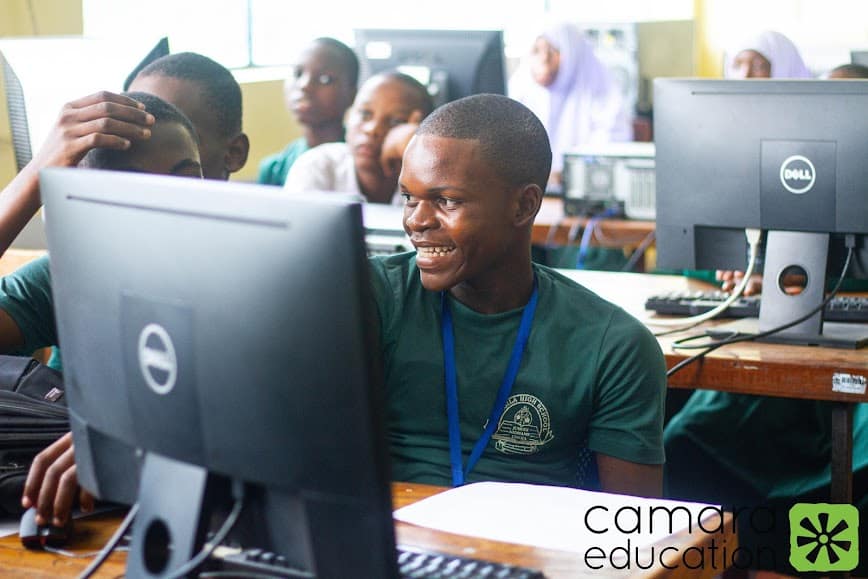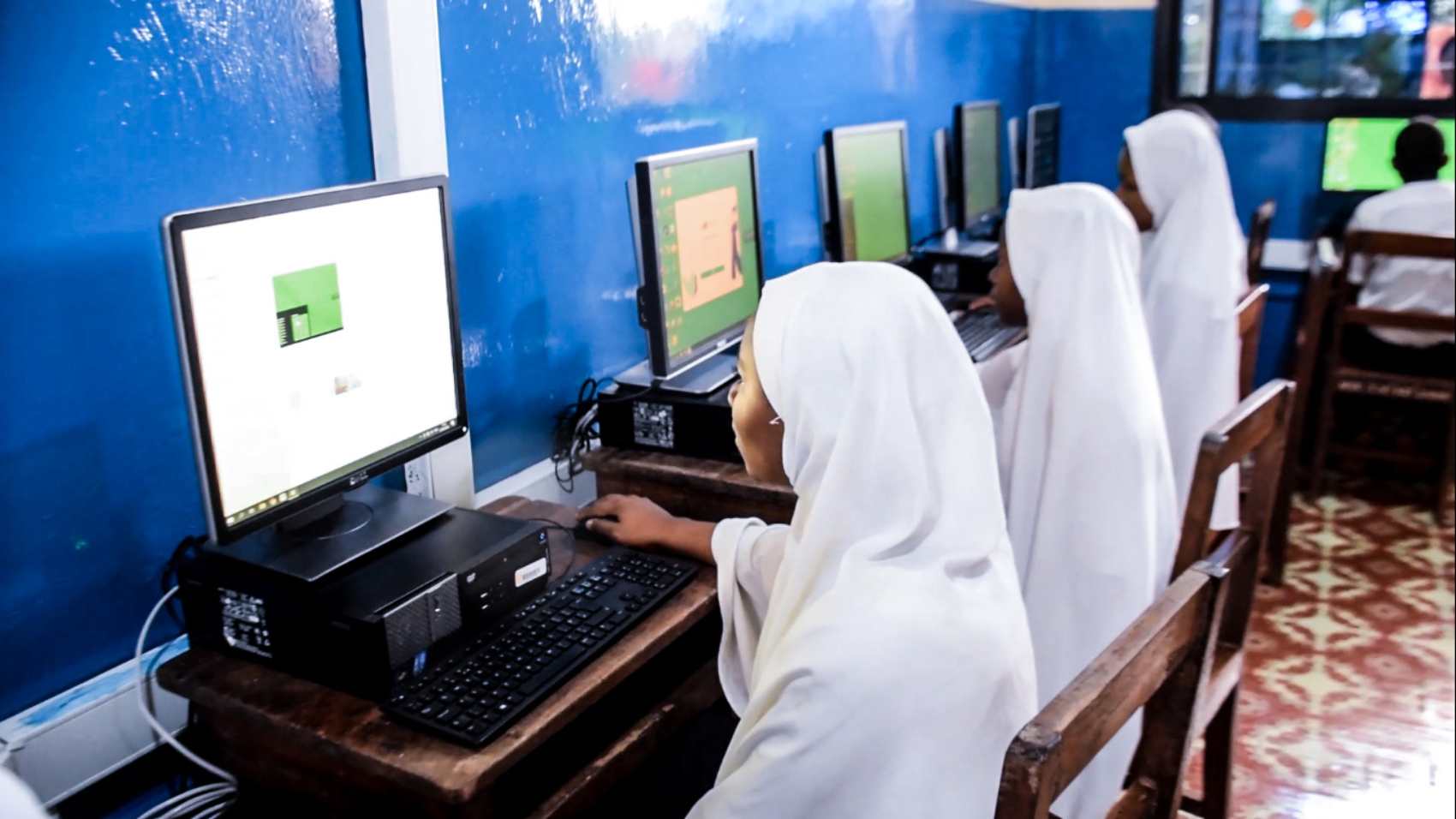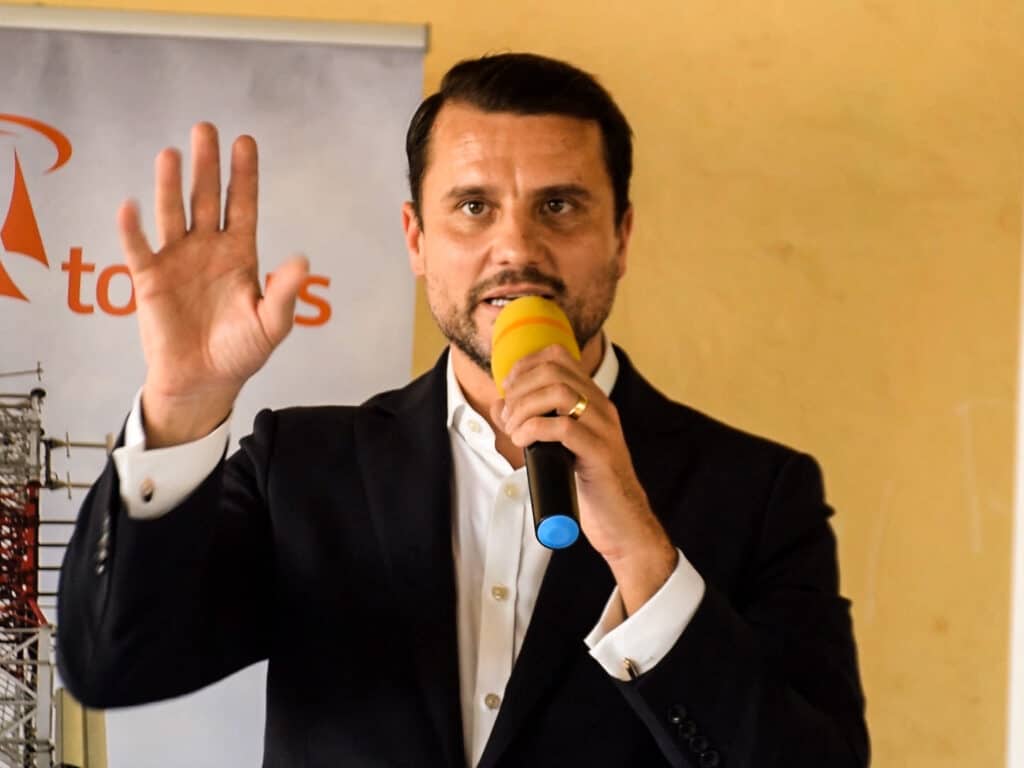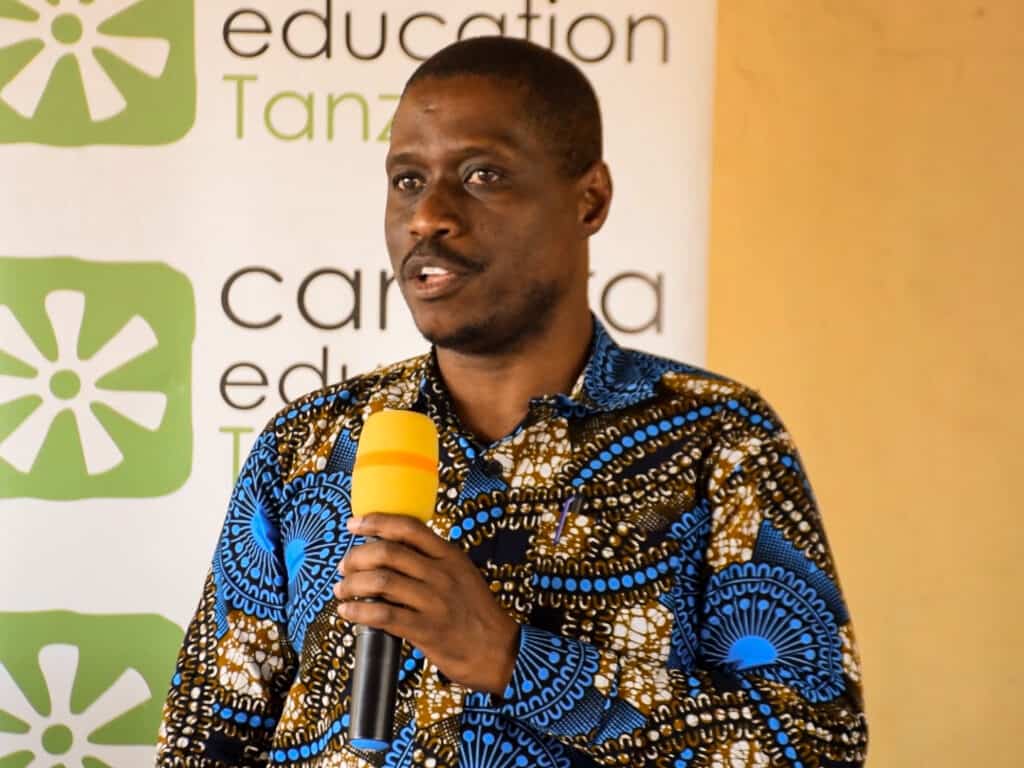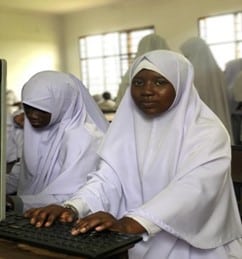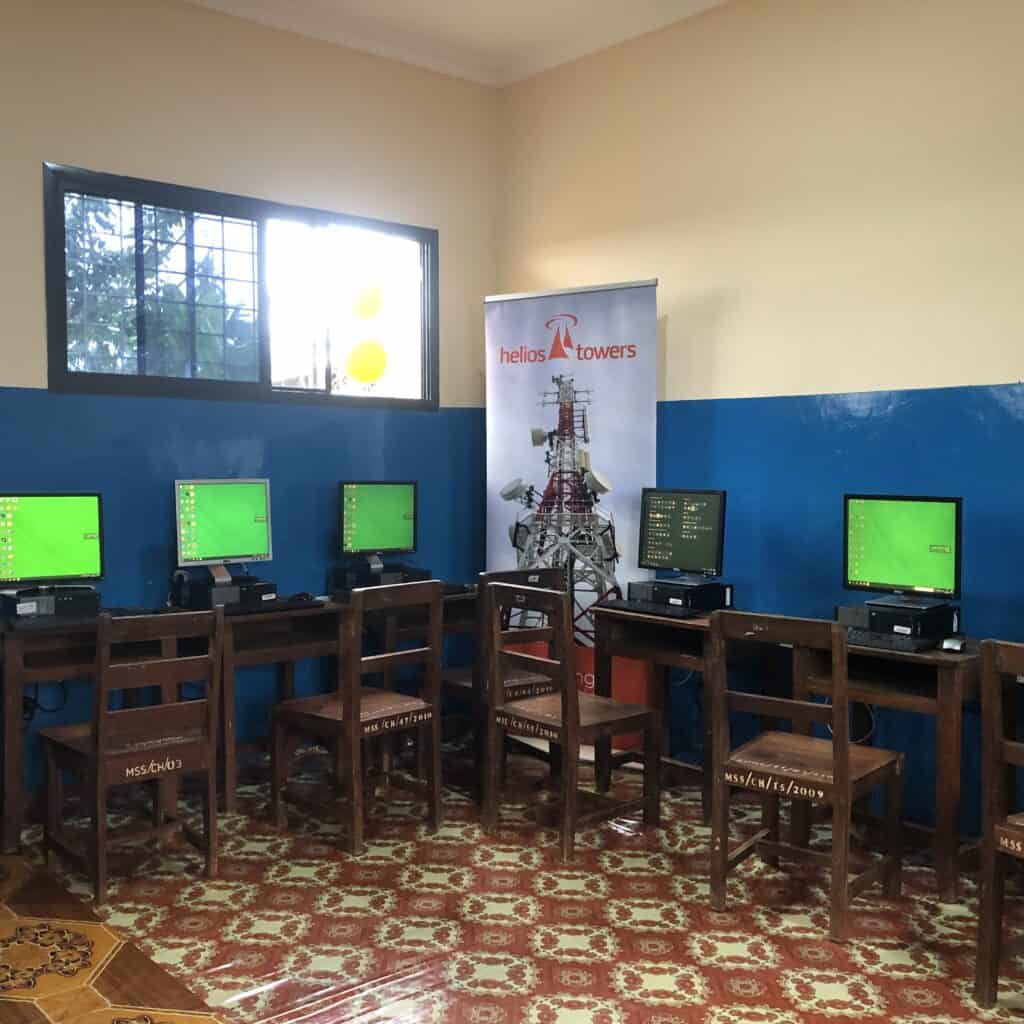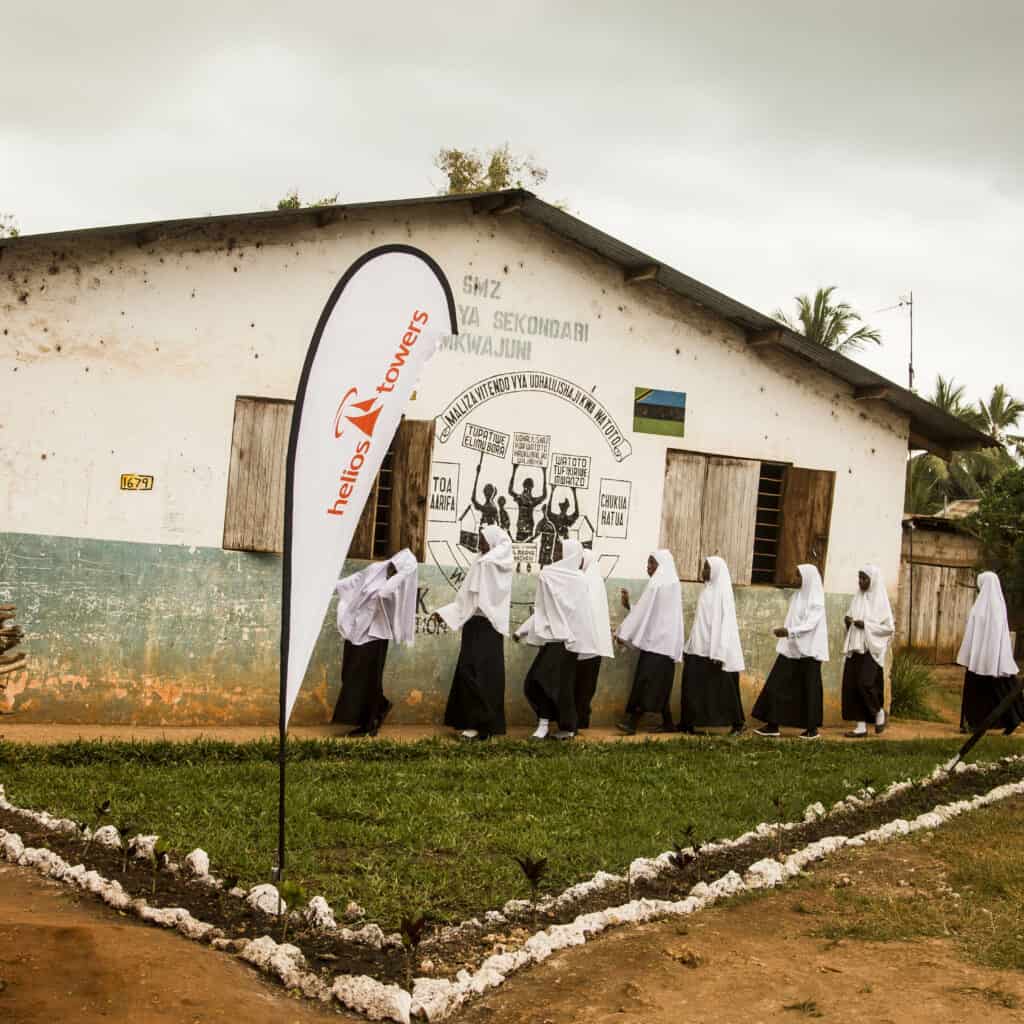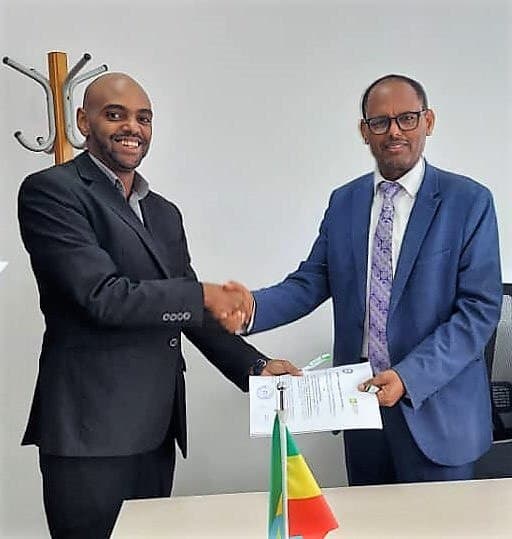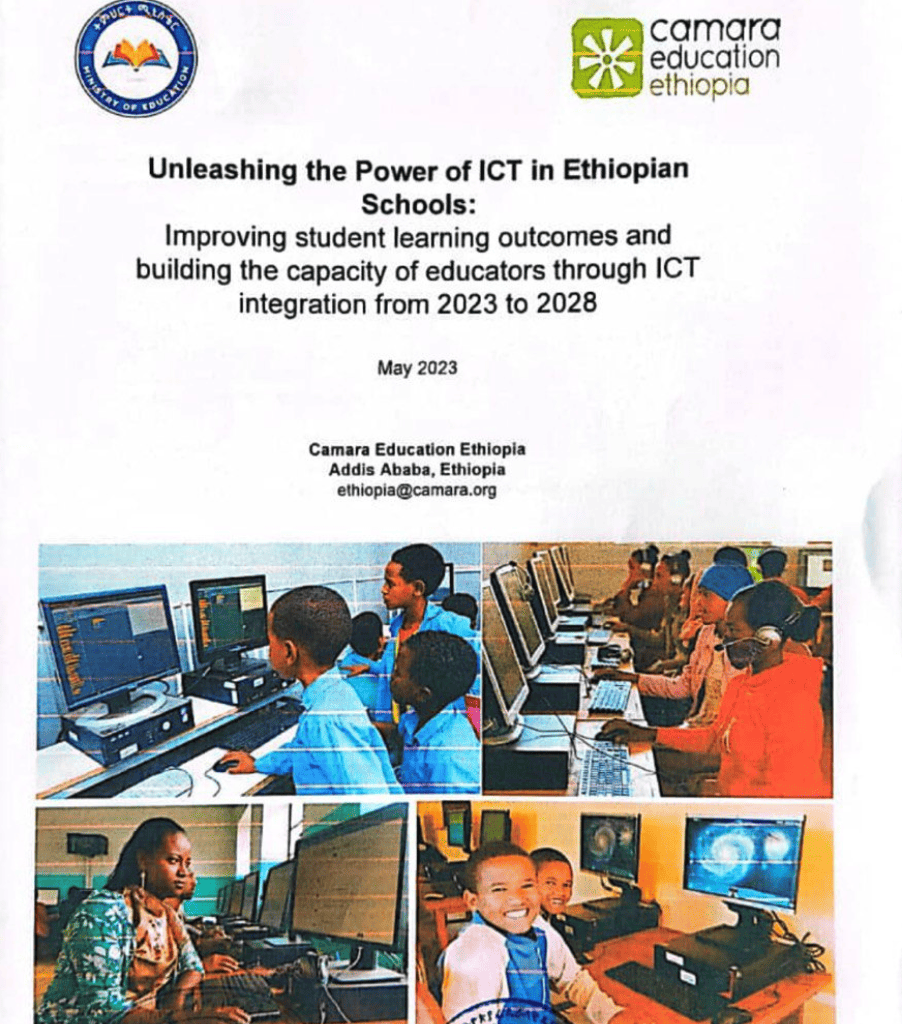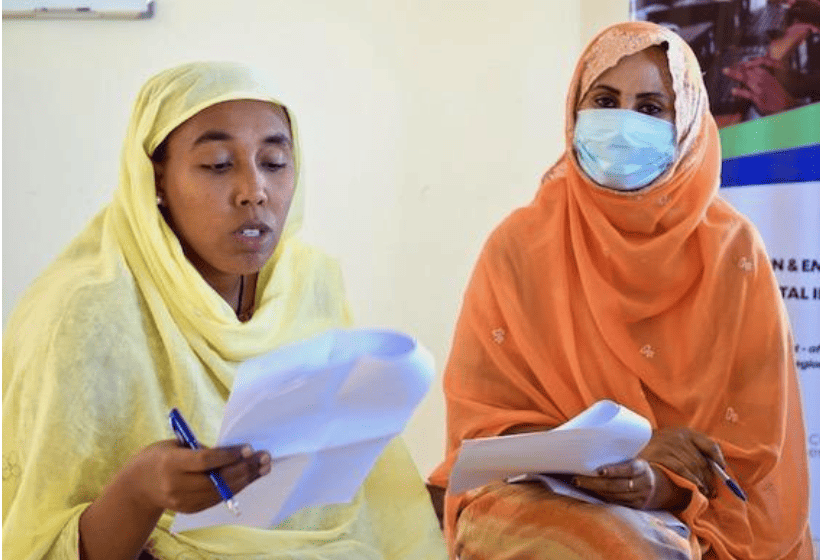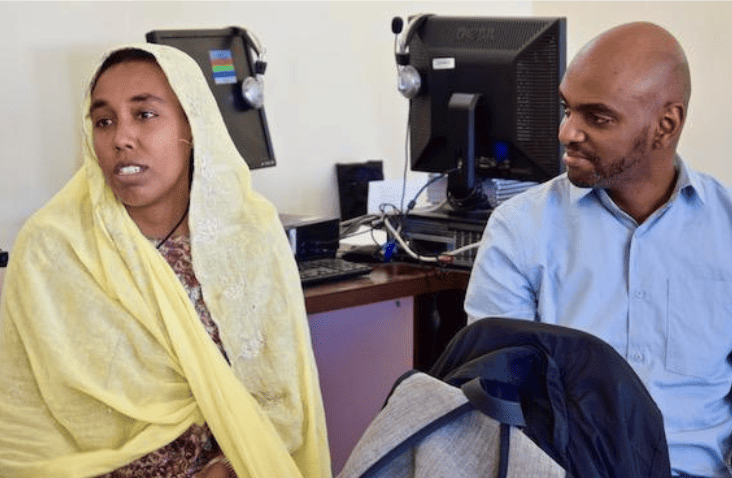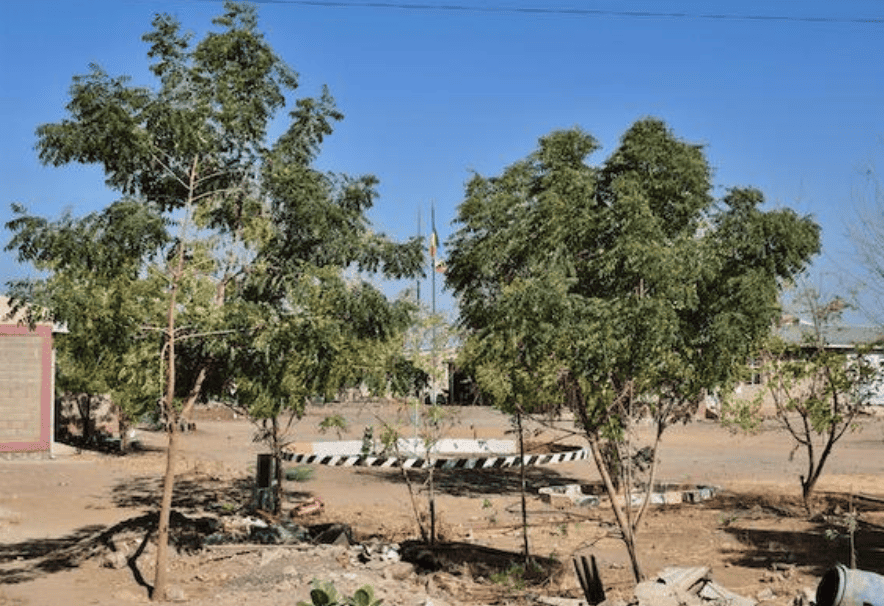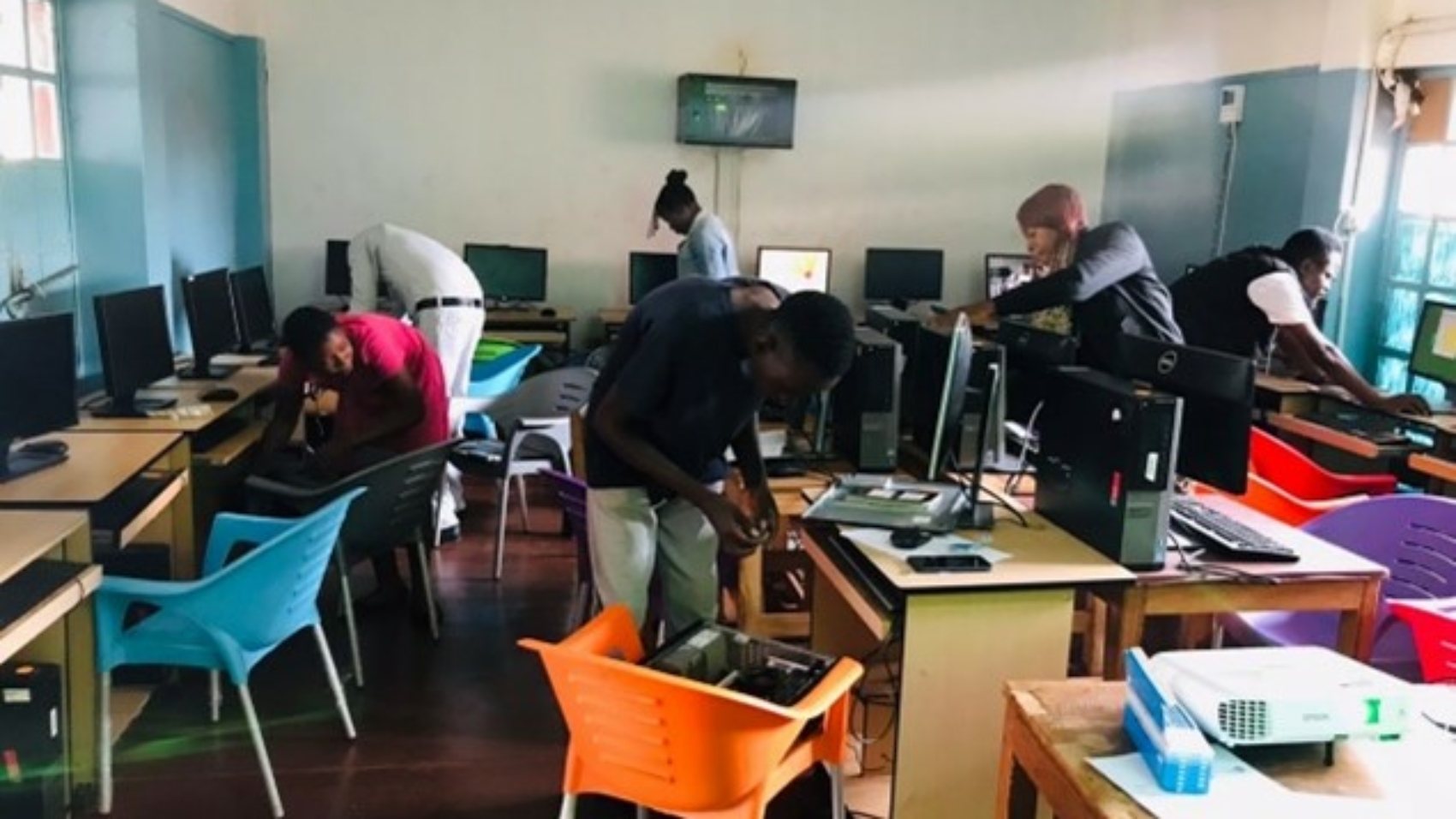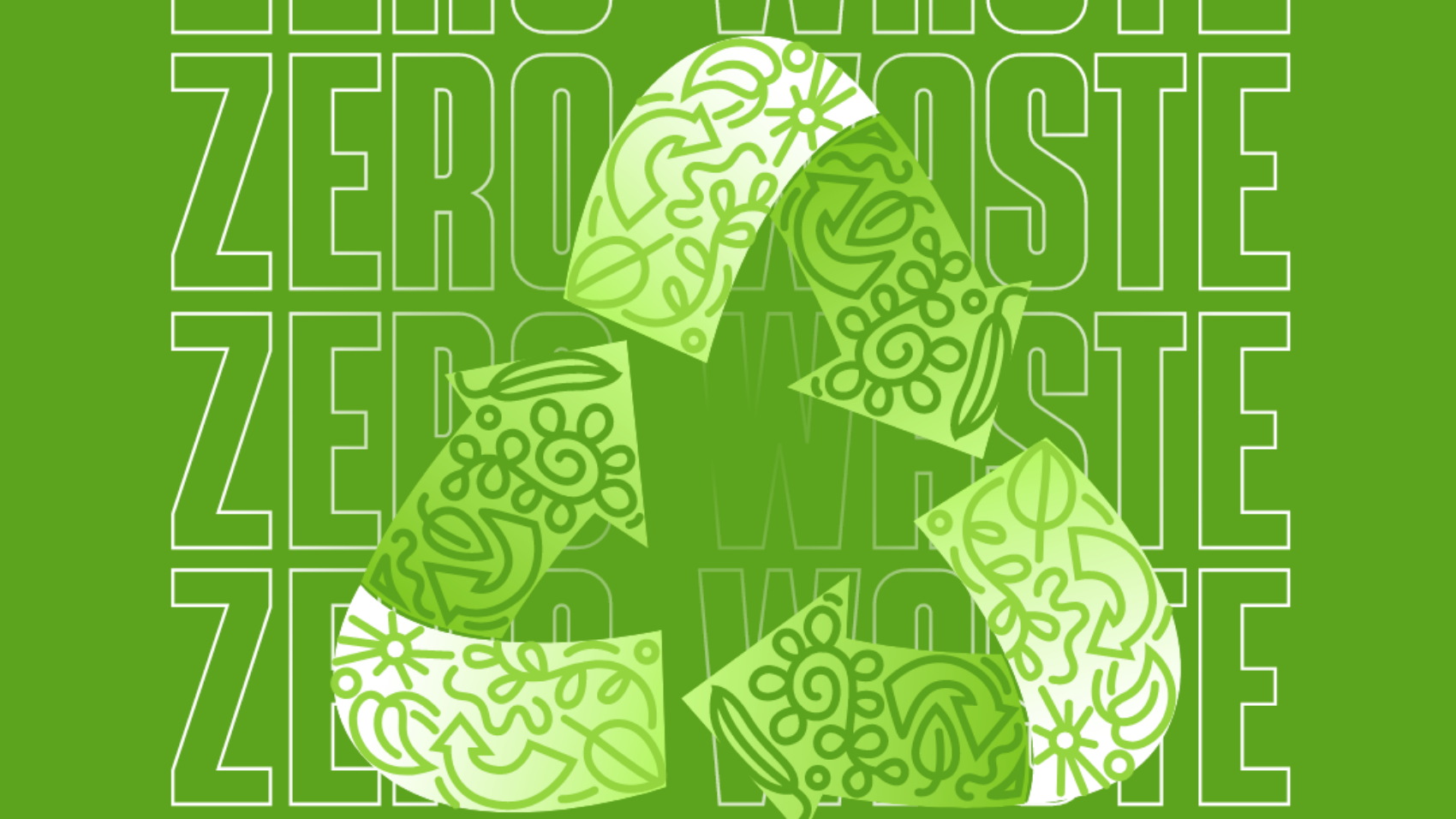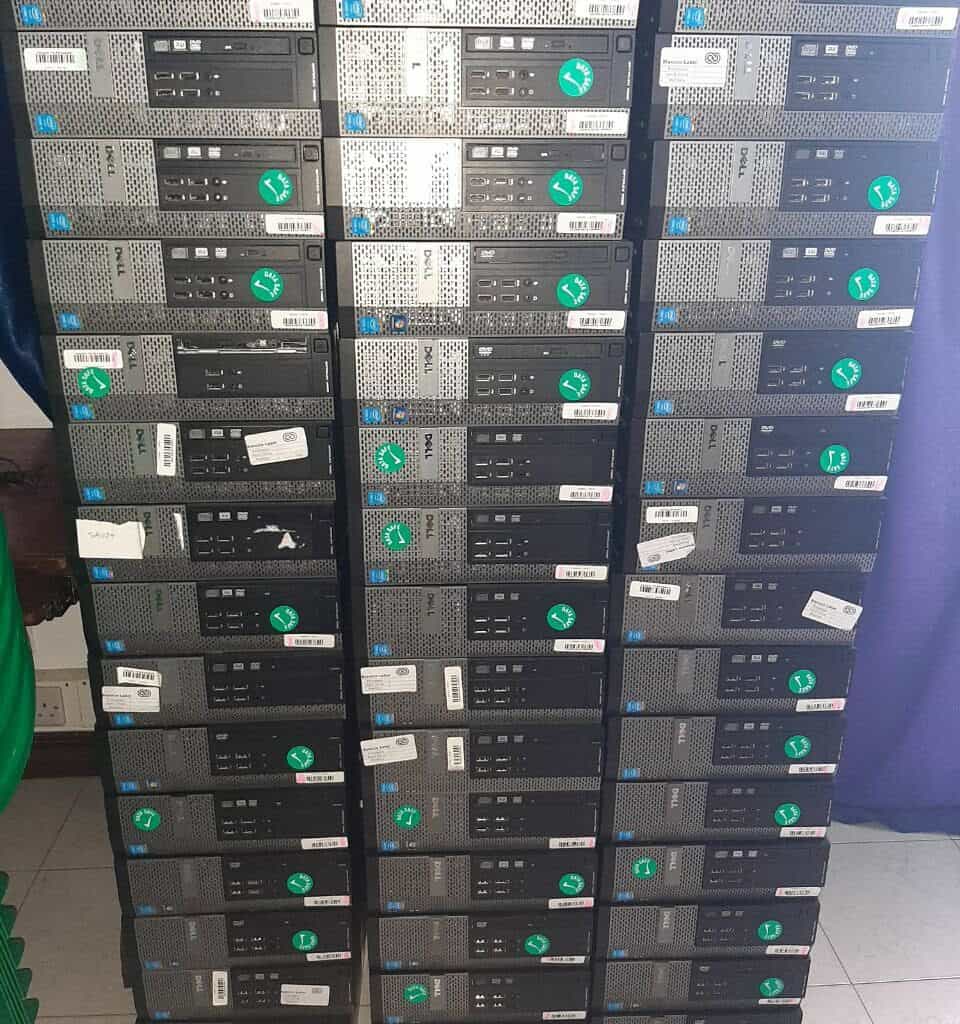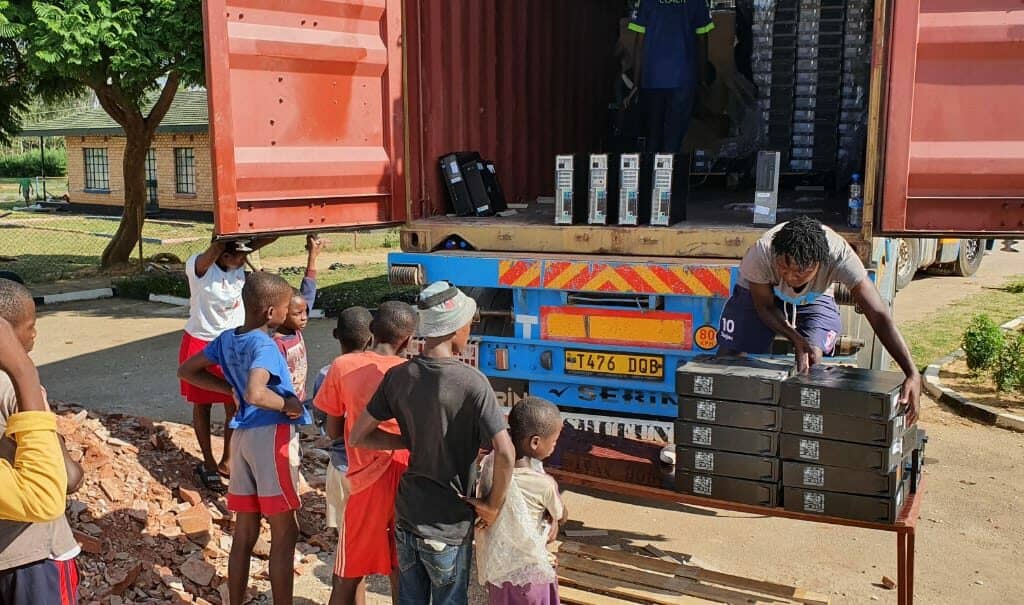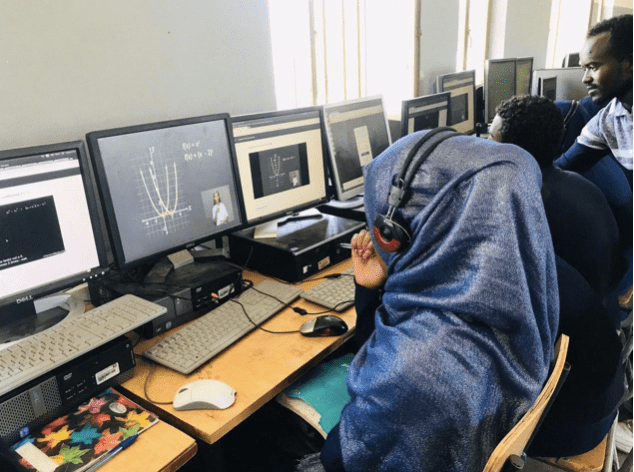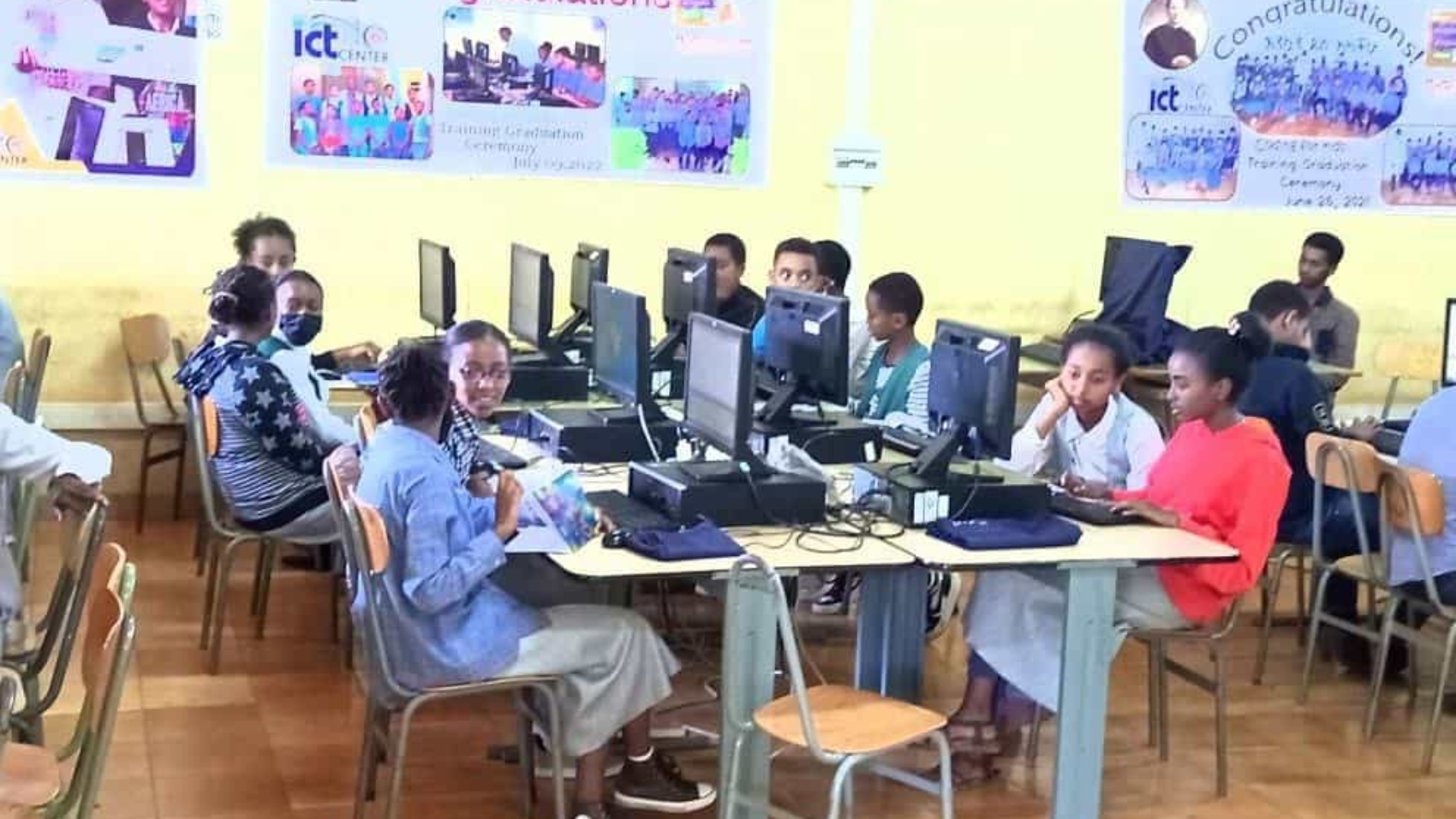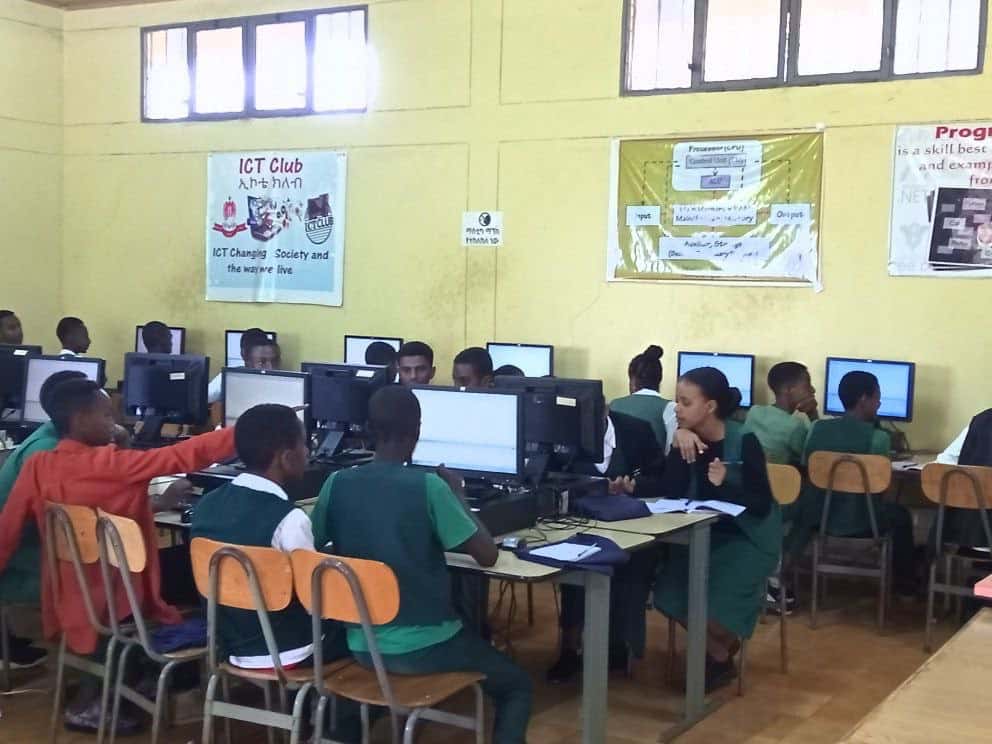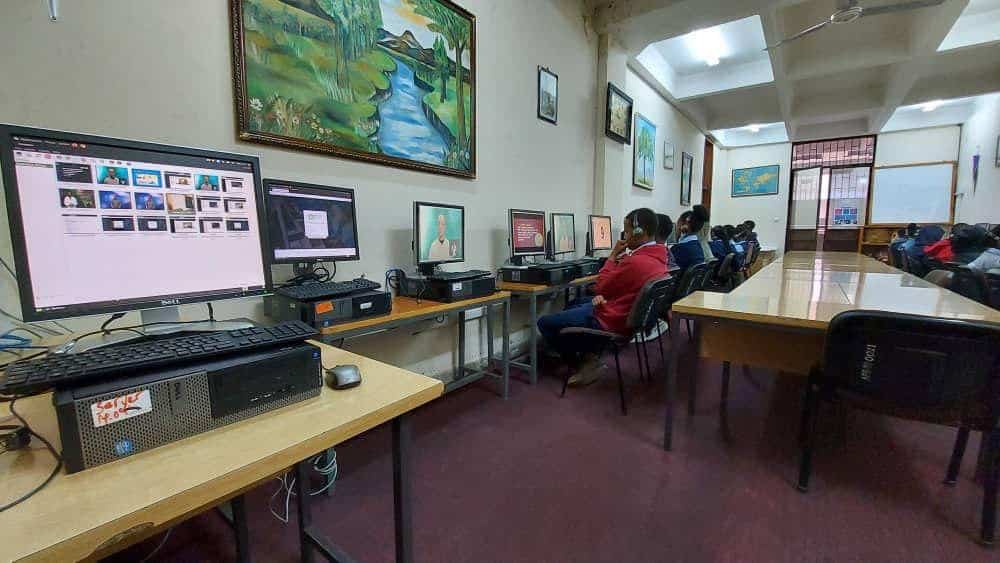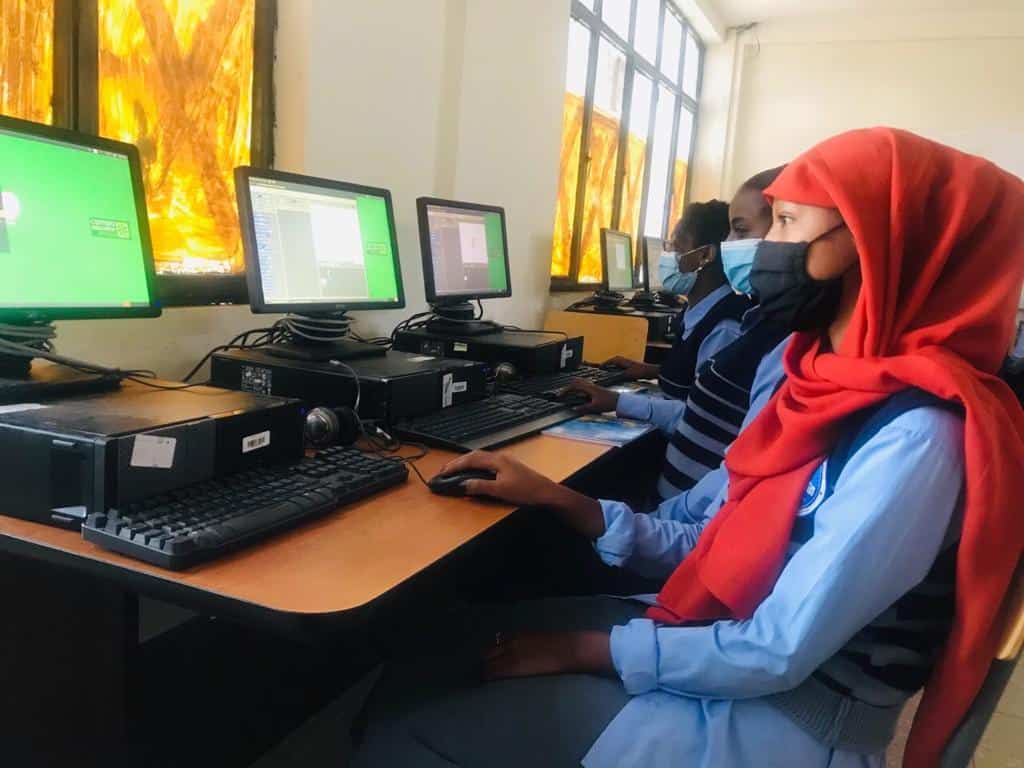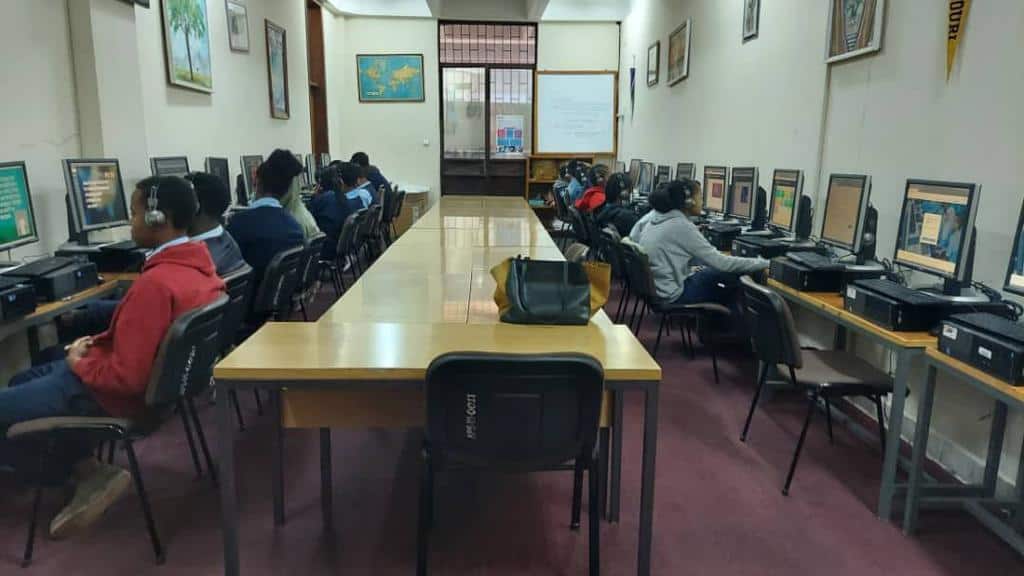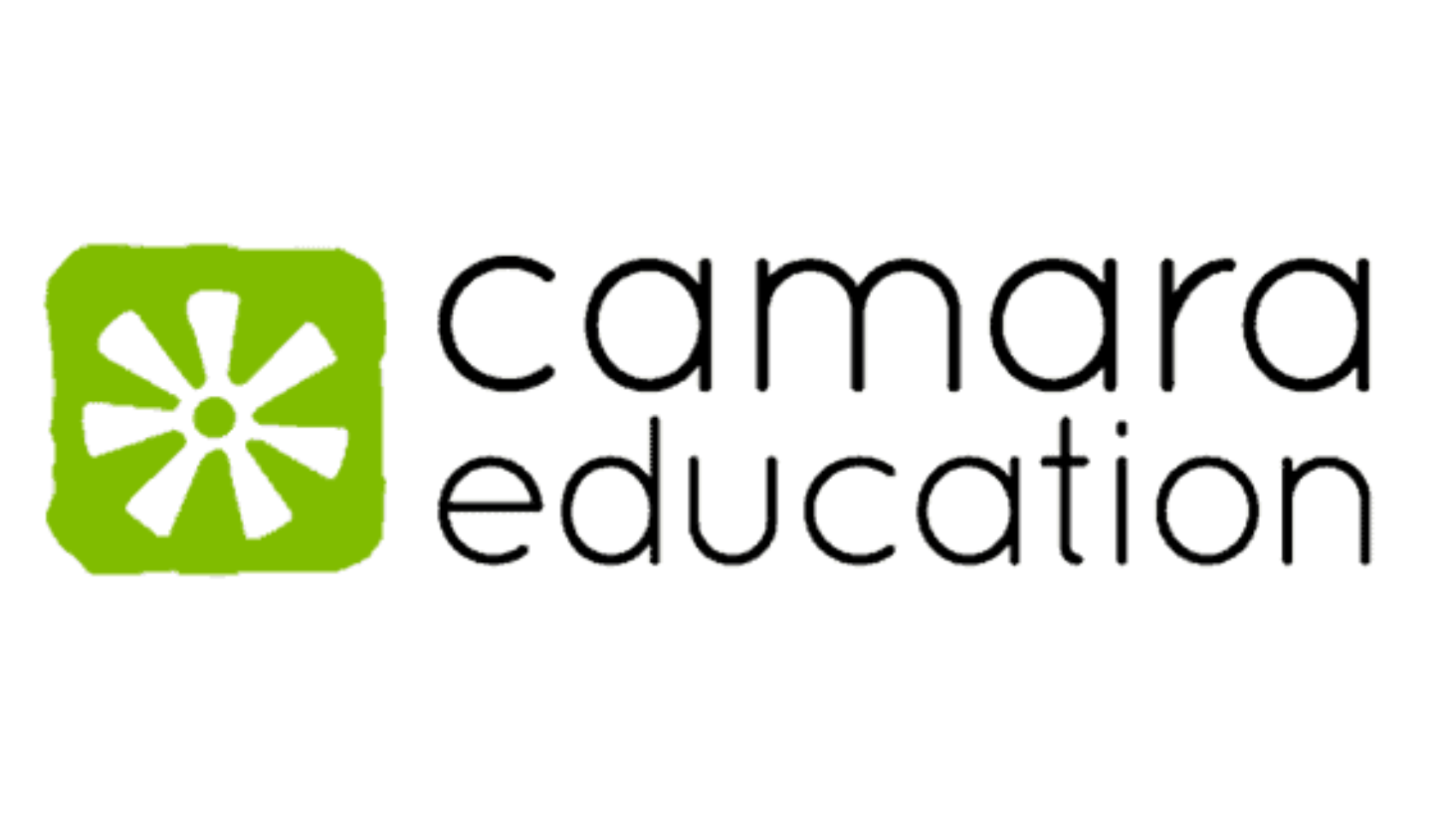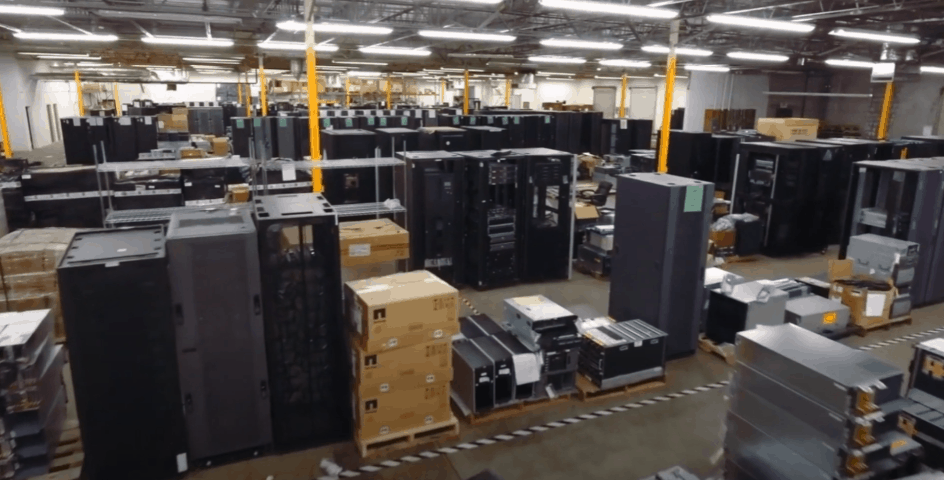
Making a Sustainable Impact: Global Recycling Day with Camara Education
Every year, Global Recycling Day serves as a poignant reminder of the critical importance of recycling in safeguarding our planet’s future. As environmental responsibility becomes a crucial part of every organisation’s DNA, Camara’s innovative approach to IT re-use and sustainability can help your business achieve its targets. Partnering with Camara to process your end-of-life IT equipment can significantly contribute to your sustainability goals while also boosting social responsibility credentials and doing good in the world.
Camara Education: Empowering Communities Through Technology
We are a non-profit organisation committed to transforming education through the use of technology. With a mission to deliver digital literacy skills and improving learning outcomes, Camara Education refurbishes donated computers and electronic devices for use in schools and educational institutions across underserved communities in Ethiopia, Kenya, Tanzania and Zambia. Our initiatives not only foster a culture of sustainability through responsible IT asset management but also help bridge the digital divide with the global south.
IT Asset Disposition (ITAD) Partnerships: Redefining Recycling
The cornerstone of Camara’s sustainability efforts lies in our partnerships with IT Asset Disposition (ITAD) specialists. ITAD firms specialise in securely managing the disposition of end-of-life or unwanted IT assets for businesses and organisations – our partners are certified to the highest international standards for physical and data security including ISO 27001 and NIST 800-88. Most donated equipment is securely wiped and then either resold to fund our work or re-used in education institutions in Ethiopia, Kenya, Tanzania or Zambia, When the only option is recycling, our partners operate a zero-landfill policy. We also endeavour to ensure that when equipment does eventually reach the end of its useful life, our local hubs in Africa will collect and recycle it appropriately so that nothing ends up in landfill. To learn more about our ITAD process, click here.
The Sustainability Impact: Reducing e-Waste and Carbon Footprint
The impact of donating equipment to Camara Education extends far beyond the classroom. By diverting e-waste from landfills, these donations play a pivotal role in reducing environmental degradation and mitigating the harmful effects of electronic waste on ecosystems. According to the United Nations, approximately 50 million tons of electronic waste are generated globally each year, with only a fraction being properly recycled. By refurbishing, repurposing or responsibiy recycling donated equipment, Camara Education contributes to the circular economy and minimises the need for the raw material extraction and carbon emissions associated with manufacturing new devices. By reusing a single laptop computer, rather than manufacturing a new one, we can save on average 300kg of carbon emissions, while avoiding the use of 190,000 litres of water and the excavation of 1,200kg of earth to extract minerals. To learn more about our sustainability efforts click here.
Empowering Education, Preserving the Planet
Global Recycling Day serves as a call to action for individuals and organisations worldwide to rethink their consumption patterns and embrace sustainable practices. For Camara and our ITAD partners, the day serves as a testament to our commitment to sustainability and environmental stewardship. By harnessing the power of the circular economy to empower education, Camara exemplifies how collective action can create lasting change in our communities and beyond. We can offer collections in locations across the globe, and help your organisation meet over half of the UN’s Sustainable Development Goals.
Join the Movement: Donate and Recycle Responsibly
As we mark Global Recycling Day, it’s worth reflecting on the impact of our actions and the role we play in shaping a more sustainable future. Whether through donating equipment to Camara Education or adopting eco-friendly practices in our daily lives, each of us has the power to make a difference. Together, let us pledge to prioritise sustainability, embrace recycling, and work towards a world where waste is minimised, resources are conserved, and every child has access to quality education. If you’d like us to give you a call to discuss how you can help, click here.

